To write poetry after Auschwitz is barbaric

To write poetry after Auschwitz is barbaric
The statement "To write poetry after Auschwitz is barbaric" is often attributed to the German philosopher and sociologist Theodor Adorno. This provocative statement has sparked much debate and controversy since it was first uttered, with many interpreting it in different ways.Adorno, a prominent member of the Frankfurt School, was deeply affected by the horrors of the Holocaust and the atrocities committed during World War II. He believed that the sheer magnitude of suffering and destruction caused by the Holocaust rendered traditional forms of art, such as poetry, inadequate and even offensive in the face of such unimaginable evil.
In Adorno's view, the Holocaust represented a rupture in human history, a point at which the very foundations of civilization were called into question. To attempt to represent or make sense of such a profound tragedy through art, particularly through something as seemingly trivial as poetry, was, in his eyes, an act of barbarism. Adorno believed that any attempt to aestheticize or romanticize the Holocaust would be a betrayal of the victims and a trivialization of their suffering.
However, it is important to note that Adorno's statement should not be taken at face value. He did not mean to suggest that all poetry or art created after Auschwitz was inherently barbaric. Rather, he was cautioning against the dangers of using art as a means of escapism or as a way to avoid confronting the harsh realities of the world.
Adorno's statement can be seen as a call for artists to engage with the world in a more critical and reflective manner, to resist the temptation to retreat into the safety of aesthetic beauty and instead confront the uncomfortable truths of the world around them. It is a reminder that art has the power to both reflect and shape society, and that artists have a responsibility to use their talents in a way that is ethical and socially conscious.
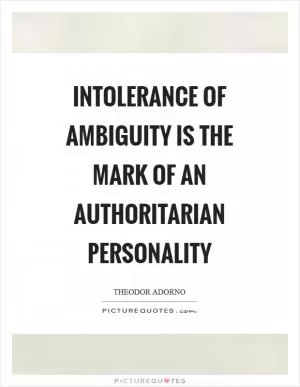
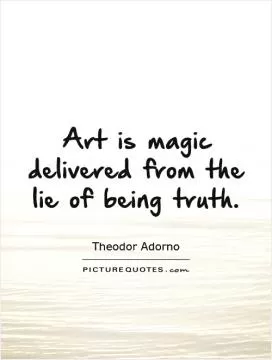
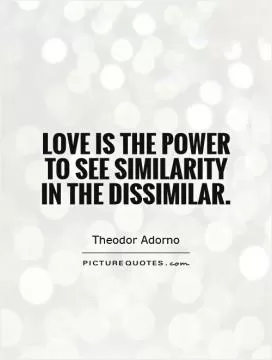

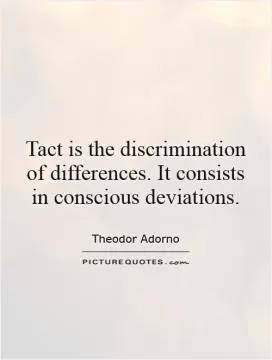





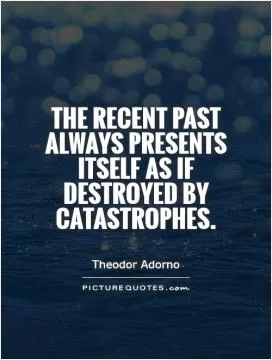

 Friendship Quotes
Friendship Quotes Love Quotes
Love Quotes Life Quotes
Life Quotes Funny Quotes
Funny Quotes Motivational Quotes
Motivational Quotes Inspirational Quotes
Inspirational Quotes